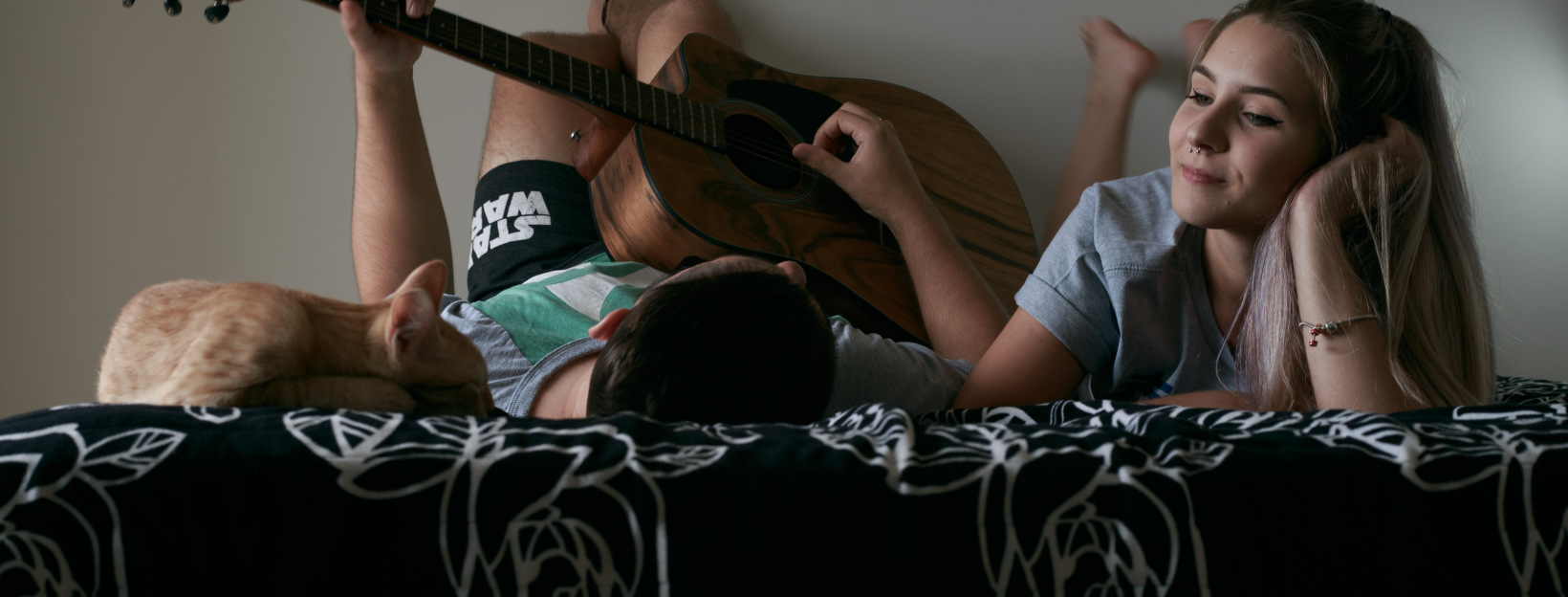It’s not easy being in a relationship when you have type one diabetes, especially during a blood sugar swing. You see, the difficulty in being diabetic is in the living, and how blood sugar changes you.
I used to be the life of the party. There wasn’t something going on without me knowing about it. I had a fear of missing out so if I wasn’t feeling well, I’d find a way to microwave the pain away.
The truth is, even then, I felt awful deep below the surface. So I self-medicated with pills and potions —until my diagnosis found me. At that point, I’m in a serious relationship of two years. We started way before I knew how sick I really was. And after things came to a head, I realized my new life would be different.
Not because I wanted it to be but like I said, blood sugar changes you. My cheekbones are emaciated. I lost over 30 pounds in one month and at times, I want to rip my skin off —high blood sugar. I’m trying to concentrate, but instead, I become frustrated. I’m shaking. I’m trying to follow and focus —low blood sugar. I feel this piercing fault as I try to usher aside my clouded thought.
“What?”
I say this not because I want to snap, nor because what my boyfriend is saying has little substance. I ask because I can’t think, because I’m trying to understand, but my blood sugar won’t let me. I’m trying but sometimes I fail. So what is it really like dating a type one diabetic? Well, here are five truths.
1. It’s a full-time job.
The most frustrating part of my new normal is when I want to go to sleep or really do anything. But I have to check my sugar first. For example, in some, working out can raise blood sugar levels, whereas others have to chug sugary drinks to avoid going low. Different diabetics experience low or high blood glucose levels differently. One might get angry or anxious when approaching a low, whereas some just go pale and shaky.
It gets worse at the grocery store if you have a hypo (low) standing in line with a chocolate bar in hand. I just want to pay for the candy bar so I can eat it but the line won’t move! That for instance is when I feel a bit aggressive but I have learned to just eat the candy bar and pay for it later.

At night, blood glucose levels can drop pretty low before the symptoms wake a diabetic up.
Honestly, this is how a lot of us die. If a hypo is more severe, the body signals very strongly, urging you to eat as much as possible. Unfortunately, this leads to ‘hypo munchies’ —as I like to call them.
It’s not uncommon for me to stagger into the kitchen and look for anything fast to eat. Bread is OK, fruits too. Chocolate cookies and milk —oh yes! The morning after is horrible. My blood sugars are sky high, eyes feel swollen and my mouth tastes awful. It’s a constant battle. You go high so you give yourself insulin to correct. Then, you end up going low. So you eat something and you’re back where you started.
I actually remember this one time, I ate something my significant other had prepared for himself. I woke up with a super bad feeling as I hear, “Who ate my sandwich?”
2. We don’t mean to lash out.
Eventually, your significant other will pick up on how you act when you’re high and low. However, more times than not, regardless if they know the signs, we can get rude simply because we don’t feel well. At high blood sugar levels, the most common symptoms are irritability, fatigue and frequent need for urination, but there are differences here too.
For the first few years, I would get relaxed, more talkative and kind of upbeat when my sugar was over 200 —I was having an actual sugar high. Nowadays, I’m just tired and sleepy. I can get short and nasty but it’s only because I’m vibing off how I feel on the inside. The most important thing you can learn is that we really don’t mean to lash out.
3. We want you.
We really can’t do this thing alone. We want, no we need your help. And that by itself can strain relationships. Period. How committed is your partner? Are they annoyed you need a little more help some days? They have to be willing to put up with the bad AND the good. They have to be there for you and sometimes, taking on a role as a caretaker can really dull down the intimacy. Three words: don’t let it. Simply find ways to be intimate that work for you and your mate.

If you’re not in the mood for sex, say so. You can bond in other ways until you’re ready. Because intimacy doesn’t always mean intercourse. And I know talking about this can be awkward but share that too.
4. We think of our disease as baggage.
And in a way, it’s kind of true. But who doesn’t have baggage? I mean, I’m trying to maintain a healthy weight and there is nothing that frustrates me more than having to force-feed myself back to life. The need of force-feeding occurs when I have to exercise and my levels are way too low.
I need to bring it up, sometimes by a lot. I have had to eat a half jar of honey, which I strongly dislike —just to get my sugar to a safe level for physical activity. Sometimes my body suddenly reacts much more strongly to insulin and I find myself at almost hypo values with only a small active amount of insulin running through my veins. I have no choice but to eat, even if I just ate 30 minutes earlier. So yeah, this disease is life-changing.
5. We want to have fun but sometimes we can’t.
I find myself sitting and daydreaming about what my life would be like today if I wasn’t a type one. It’s like I long for the days when I don’t hurt all over. I crave a time when I didn’t have to worry about eating a bagel and cream cheese and if my sugar would be too high that I’m forced to bail last minute. When that happens, I find myself unable to get out of bed. In theory, I want to be that party girl again, but I can’t. I want you to understand, it’s okay to listen to your body and rest.

Be honest with your partner and your loved ones. Instead of shutting them out, tell him or her why you can’t go. Then, make a plan for round two. Because there’s always tomorrow.
If you’re dating a type one diabetic, let me just say thank you for putting up with our highs and lows and everything in between. We are all trying to communicate while at the same time, breathe through our diseases’ suffocation —because I know it’s smothering me.
We want to be there for you. We are there for you. We will always be. Remember, we’re not ill-tempered, especially not ill-tempered towards you. What should be clear and simple between us becomes a pattern of disagreement, repetition, and frustration.
The thing is, we want to be a better person for you —we’re just four points of sugar away. Our lives run by this simple biological block of not being able to cope with glucose on our own. Thus at times, we won’t be ourselves. But above all, I want you to understand that a successful relationship is just two imperfect people refusing to give up on each other. So, simply, don’t.
xoxo,
macey bee
sources:
http://dottli.com/dating-a-type-1-diabetic/
https://timesulin.com/diabetes-and-relationships-my-man-his-insulin-pen-and-i/
https://asweetlife.org/when-you-love-a-woman-with-type-1-diabetes/
http://insulinnation.com/living/7-stories-on-love-sex-and-type-1-diabetes/
Originally published at waytomuchtoosay.wordpress.com


